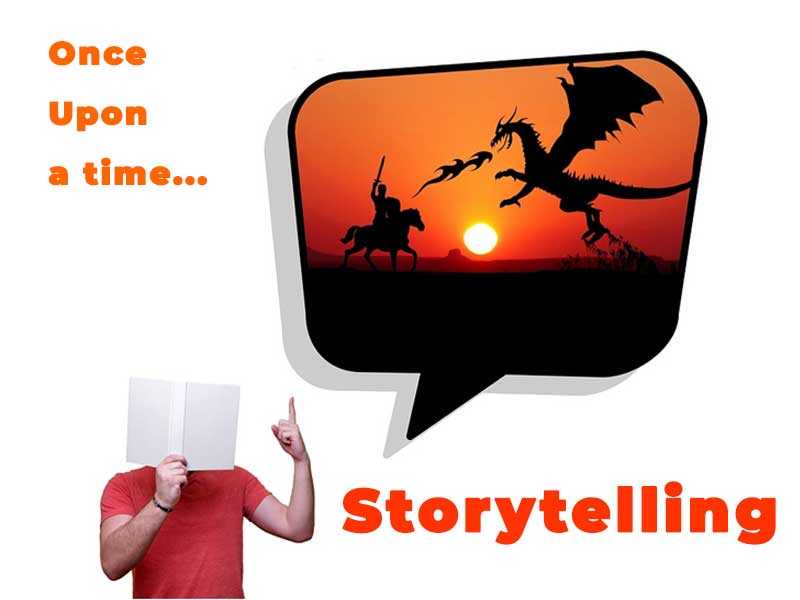Storytelling has been a vital tool in human communication for centuries, and its significance has only grown in the modern world, where information overload can make it difficult for businesses to stand out in a crowded marketplace. In the context of B2B marketing, storytelling can be used to communicate a brand’s values, build trust with potential customers, and differentiate it from its competitors.
One of the primary benefits of storytelling in B2B marketing is the ability to communicate a brand’s values in a memorable way. By creating a narrative that illustrates how a company’s products or services solve real-world problems, B2B marketers can tap into the emotions and aspirations of their target audience. For example, a software company might use a story to explain how its products helped a customer increase their efficiency and productivity, while a manufacturing company might highlight how their innovations have reduced waste and helped the environment.
By sharing these stories, companies can create a connection with their audience that goes beyond the features and benefits of their products. The emotional resonance of a well-crafted story can help a brand stand out in a crowded marketplace and create a sense of loyalty and trust among its customers.
Another benefit of storytelling in B2B marketing is the ability to differentiate a brand from its competitors. In a market where many companies offer similar products and services, a compelling story can help a brand stand out and be remembered. For example, a company that sells office furniture might differentiate itself by sharing stories of how it has helped its customers create comfortable and productive workspaces, while a technology provider might highlight its innovative approach to solving complex problems.
Storytelling can also be used to build trust with potential customers. By sharing stories of satisfied customers, successful projects, or the history of the company, B2B marketers can establish credibility and authenticity. This can be especially important in industries where trust is critical, such as healthcare or finance.
Finally, storytelling can help B2B marketers communicate complex ideas in a way that is easy to understand. By using narrative techniques such as character development, conflict, and resolution, marketers can simplify complicated concepts and make them more relatable to their audience. This can be particularly useful in industries where technical jargon and complex terminology can be overwhelming to non-experts.
In conclusion, storytelling is a powerful tool for B2B marketers, providing a way to communicate a brand’s values, differentiate it from competitors, build trust with potential customers, and simplify complex ideas. By crafting compelling narratives that resonate with their target audience, B2B marketers can create a sense of connection and loyalty that can lead to long-term success. As the pace of innovation continues to accelerate, storytelling will only become more important in the world of B2B marketing.












